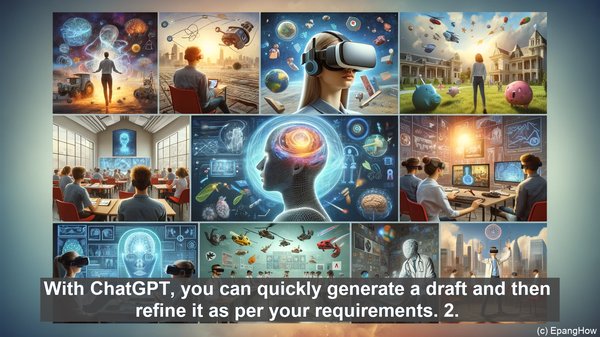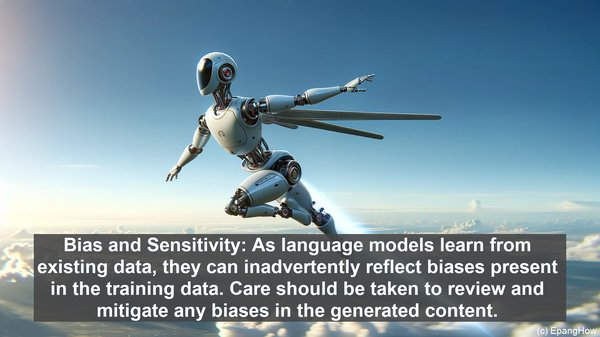Introduction: The Power of Personalization in Digital Marketing
In today’s digital age, personalization has become the cornerstone of successful marketing campaigns. The more tailored your content is to your target audience, the higher the chances of engagement and conversion. However, creating personalized content at scale can be a daunting task. That’s where ChatGPT, an advanced language model, comes in. With its ability to generate human-like text, ChatGPT can be a game-changer for your digital marketing strategy.
Understanding ChatGPT: A Brief Overview
ChatGPT is a state-of-the-art language model developed by OpenAI. It is trained on a vast amount of text data and can generate coherent and contextually relevant responses. What sets ChatGPT apart is its ability to understand and respond to prompts, making it an ideal tool for content generation. Whether it’s writing blog posts, social media updates, or even email newsletters, ChatGPT can assist you in creating compelling and personalized content.
Benefits of Using ChatGPT in Digital Marketing
1. Time and Effort Savings: Generating content from scratch can be time-consuming. With ChatGPT, you can quickly generate a draft and then refine it as per your requirements. 2. Consistency: Maintaining a consistent tone and style across various marketing channels is crucial. ChatGPT can help you achieve that by following the guidelines you provide. 3. Scalability: Whether you need to create content for a small campaign or a large-scale launch, ChatGPT can handle it. Its ability to generate text at scale makes it a valuable asset. 4. Language Adaptability: ChatGPT can generate content in multiple languages, allowing you to cater to a global audience.

Challenges to Consider
While ChatGPT offers immense potential, there are a few challenges to be aware of: 1. Contextual Understanding: Although ChatGPT can generate coherent text, it may not always grasp the full context. It’s essential to review and edit the generated content to ensure accuracy. 2. Bias and Sensitivity: As language models learn from existing data, they can inadvertently reflect biases present in the training data. Care should be taken to review and mitigate any biases in the generated content. 3. Legal and Ethical Considerations: Plagiarism, copyright infringement, and other legal issues can arise when using AI-generated content. Familiarize yourself with the guidelines and regulations in your industry to avoid any pitfalls.
Best Practices for Using ChatGPT in Marketing
1. Provide Clear Instructions: When using ChatGPT, be specific in your prompts. Clearly outline the desired outcome, tone, and any specific guidelines. 2. Review and Edit: Always review and edit the generated content. This ensures accuracy, coherence, and alignment with your brand’s voice. 3. Use as a Tool, Not a Replacement: ChatGPT is a powerful tool, but it’s not a substitute for human creativity and expertise. Use it to augment your marketing efforts, not replace them. 4. Stay Updated: AI technology is evolving rapidly. Stay informed about the latest advancements and updates in the field to make the most of ChatGPT’s capabilities.

